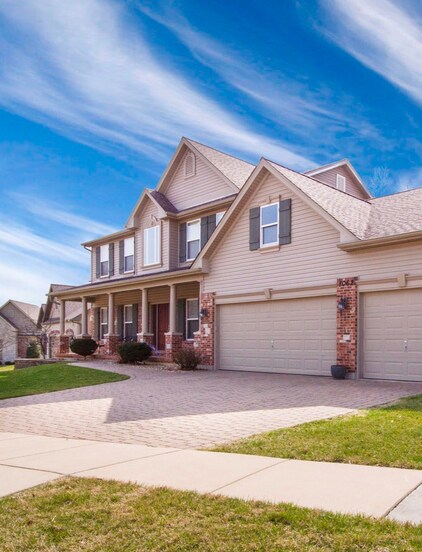 Whether you’re renting or you own your home, there are various insurance options you may want to consider. Like any insurance, they’ll help provide financial coverage in the event of an unexpected disaster. There are also varying levels of insurance that you may choose. For Homeowners There’s a general category known as “homeowner’s insurance”, which usually covers four categories: interior and exterior damage, damage to or loss of possessions on the property, and personal liability coverage that will help cover the cost of injuries sustained while on the property (such as if a guest slips and falls down the steps to the front door, your dog bites the mailman, your daughter's friend falls off of your balcony...you get the idea). Most policies will cover lodging and meals while the property is under re-construction due to a covered loss and not able to be inhabited for the duration.The damages section of the policy usually won’t cover acts of war or nature, the latter including things like volcanic eruptions or floods - check your policies exclusions! For geographical areas prone to certain disasters, a separate, specialized insurance policy may need to be purchased in order to cover damages or loss caused by such disasters. For example, for areas that are low-lying and near rivers where frequent heavy storms occur (hello Boulder), general insurance may not cover damage to the property. Conversely, properties in mountainous areas are unlikely to need flood insurance but may need earthquake and/or landslide insurance if such events are more common there. For Renters While homeowner insurance will cover damage to the property – which is a major concern for those with a financial stake in the property – renter’s insurance usually covers damage to and loss of possessions, and also offers coverage for personal liability for injuries sustained on the property. The landlord likely has an insurance policy on the property to help protect against financial loss in the event of physical damage, but their insurance unlikely will extend to the tenant’s possessions or guests’ injuries. Thus, those who rent the property will need to consider insurance policies for these events. Which Policies to Choose As with any insurance policy, there may be deductibles, liability limits, covered and noncovered events and assets, and premiums. Generally the higher the limits and the broader the group of included incidents or assets, the higher the premium will be. Some issues to consider:
The bottom line is that you should shop around for the best rates and coverage. If you own multiple properties, try to find a company that allows claims to be attached to the property and not to your name -- that can make a big difference in premium. Each individual will need to find the best fit. Make sure you have coverage for any specific circumstances that may be common in your area. And most importantly, make sure you thoroughly read and understand your policies, and the situations they cover, and don’t cover. Should you need further guidance, we provide free policy reviews.
0 Comments
Leave a Reply. |
Meet the author:
|
Navigation |
Connect With UsShare This Page |
Contact UsFront Range Insurance Solutions
215 Cheesman St, Suite M, Erie, CO 80516 (720) 389-7651 Click Here to Email Us |
Affiliated with DCI |
Location |
Website by InsuranceSplash


 RSS Feed
RSS Feed
